In his address at the start of the first convention of the national dialogue, President Cyril Ramaphosa emphasised that the effort would be a platform to confront uncomfortable truths. He then went on to ask a set of questions, including: “Why, after decades of democracy, are the prospects for a white child still significantly better than those of a black child?” And, “Why do so many people live in abject poverty while so few enjoy lives of opulence?” And, “Why do clinics run out of medicine?” And, “Why do taps run dry?”
Now, in the face of these questions, you really have to try very hard to resist the temptation to be instantly and violently cynical. You might want to say, just for example, the reason why clinics run out of medicine is because government representatives are inept, unqualified, corrupt, thoughtless and unresponsive. But hey, let’s not get ahead of ourselves. The whole point of the national dialogue is to address these questions, one by one, in a holistic way, with discussions and meetings and thoughtfulness. And so on.
One can barely contain one’s excitement at the prospect of all these important questions being asked and answered.
And these are all very good questions. But I also have a question. Why is this damn thing costing so much? I don’t mean in a political or abstract sense. I mean literally. What exactly are they intending to spend money on? What is the breakdown of the budget, item by item?
I ask because the number that was first put on the table was R740m. In the new spirit of honesty and self-criticism, Ramaphosa told the opening conference this weekend: “As soon as I saw the number, I said I shall not allow the taxpayers’ money that amounts to R740m to be used. We can have this dialogue much cheaper. Much lower costs must be the order of the day, that is what we did.”
But still, inadvertently, he was acknowledging that someone associated with the effort had put that number on the table.
Gobsmackingly spendthrift
As it happens, there is a pretty well-known commercial rate for holding conferences, usually calculated on “cost per delegate basis”. In South Africa, venue hire would be between R500-R800 per delegate per day. Catering would cost between R350 and R600 per day. Then there is AV and logistics, call it R100 per delegate. Accommodation, call it R1,500 per person per day.
These are all very generous numbers, and if you are holding a big conference, you can negotiate down some prices because of the high volumes. But if you multiply them out, the total cost for a three-day conference of 1,000 people would come to about R5m, loosely speaking. In Europe the same conference would cost double that, possibly a bit more.
So … how on earth do you get to an expenditure of R740m? At commercial rates, you would have to have a 1,000-person conference once a week for roughly three years to spend R740m. Thankfully, that’s not what’s going to happen after the snappy and adept intervention of our president. But they are still talking about a R450m spend. That’s better, but still gob-smackingly spendthrift.
And isn’t that just really the core of South Africa’s governmental problem? So far, the debate has been focused on who “leads” the dialogue; the politicians or “the people”, by which the five foundations that have pulled out of the conference presumably mean themselves. Government doesn’t want the conference to become a focus for criticising the government, so it talks about a popular discussion, but actually doesn’t want that. The foundations have focused on a popular-led conference, but haven’t really said what that means, other than it should not be led by the government. Hence the impasse.
But this is not actually the core of the problem. The problem is that the government just doesn’t seem to have any conception of how weird and other-worldly it looks when it casually throws around numbers like R450m for a talk shop. It’s oddly so reminiscent of how government departments throw money at problems like it’s confetti, with no concept of what the fair market value might be, what legitimate expectations for delivery might be and who might be best qualified to make it all happen.
Spending that much money on a talk shop speaks of gluttony, corruption and a weird distance between the political class and the way the majority of South Africans scratch out a living on very meagre amounts.
South Africa does desperately need a national dialogue. But not one that itself mirrors precisely the problem it’s supposedly trying to solve.
Top image: Cyril Ramaphosa at the first day of the national convention of the national dialogue. Picture: Gallo Images/Lefty Shivambu.
Sign up to Currency’s weekly newsletters to receive your own bulletin of weekday news and weekend treats. Register here.


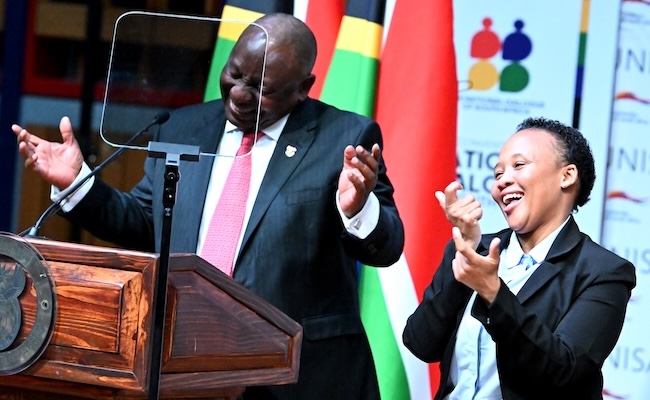
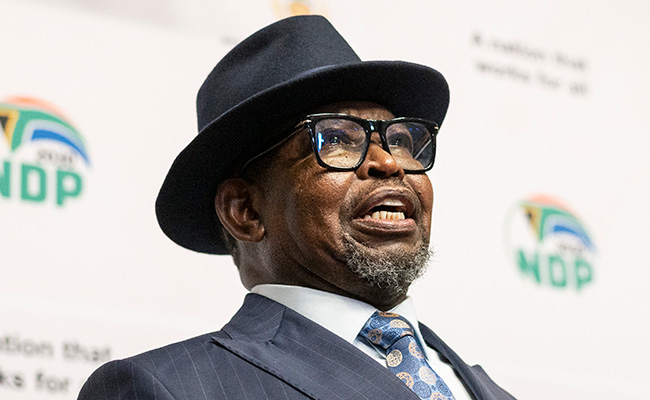
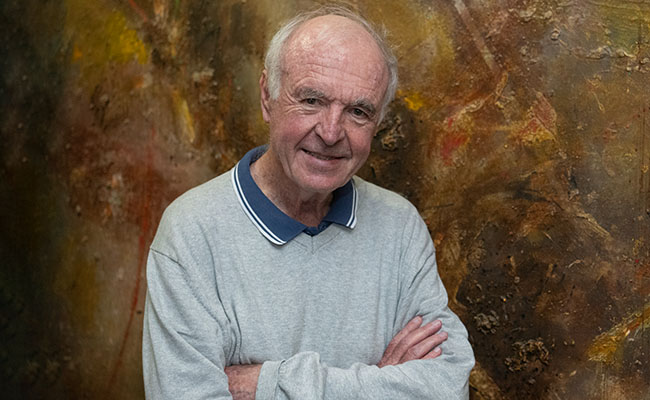
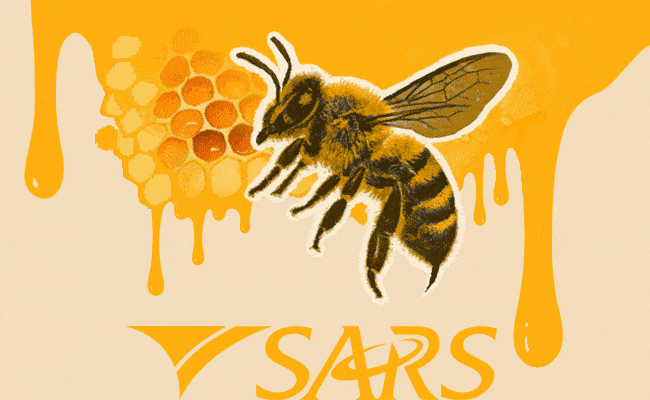
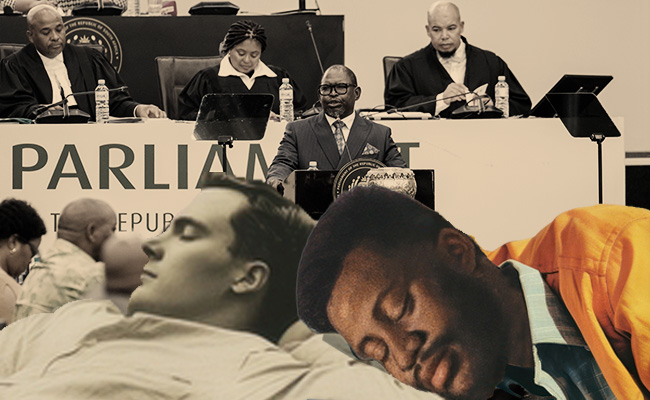
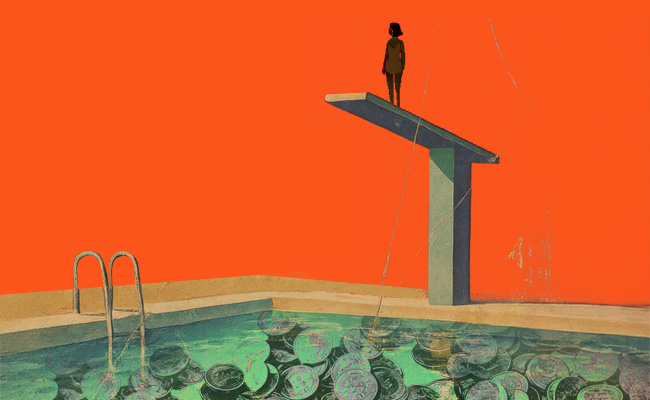
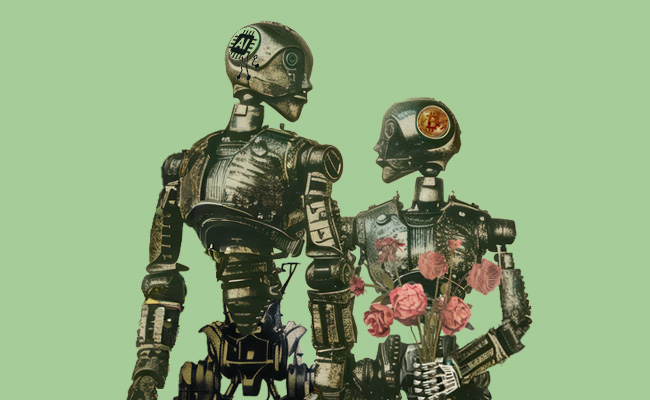
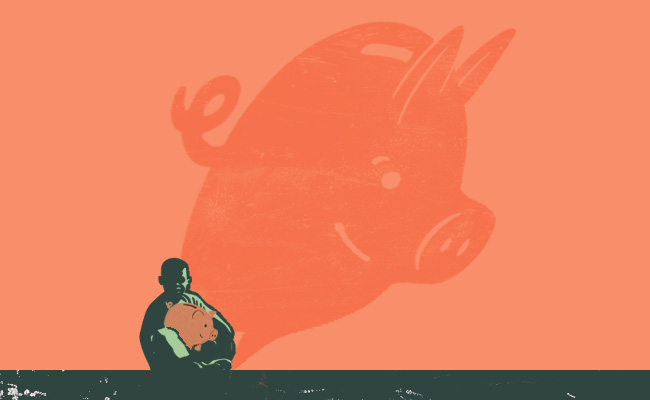




It looks like a government bereft of ability to govern. Get someone else to tell them what the problems they caused are – and how to sort them out. All at a hefty cost – just like everything else they’ve done/not done with an excessive amount of money. More of the same really.